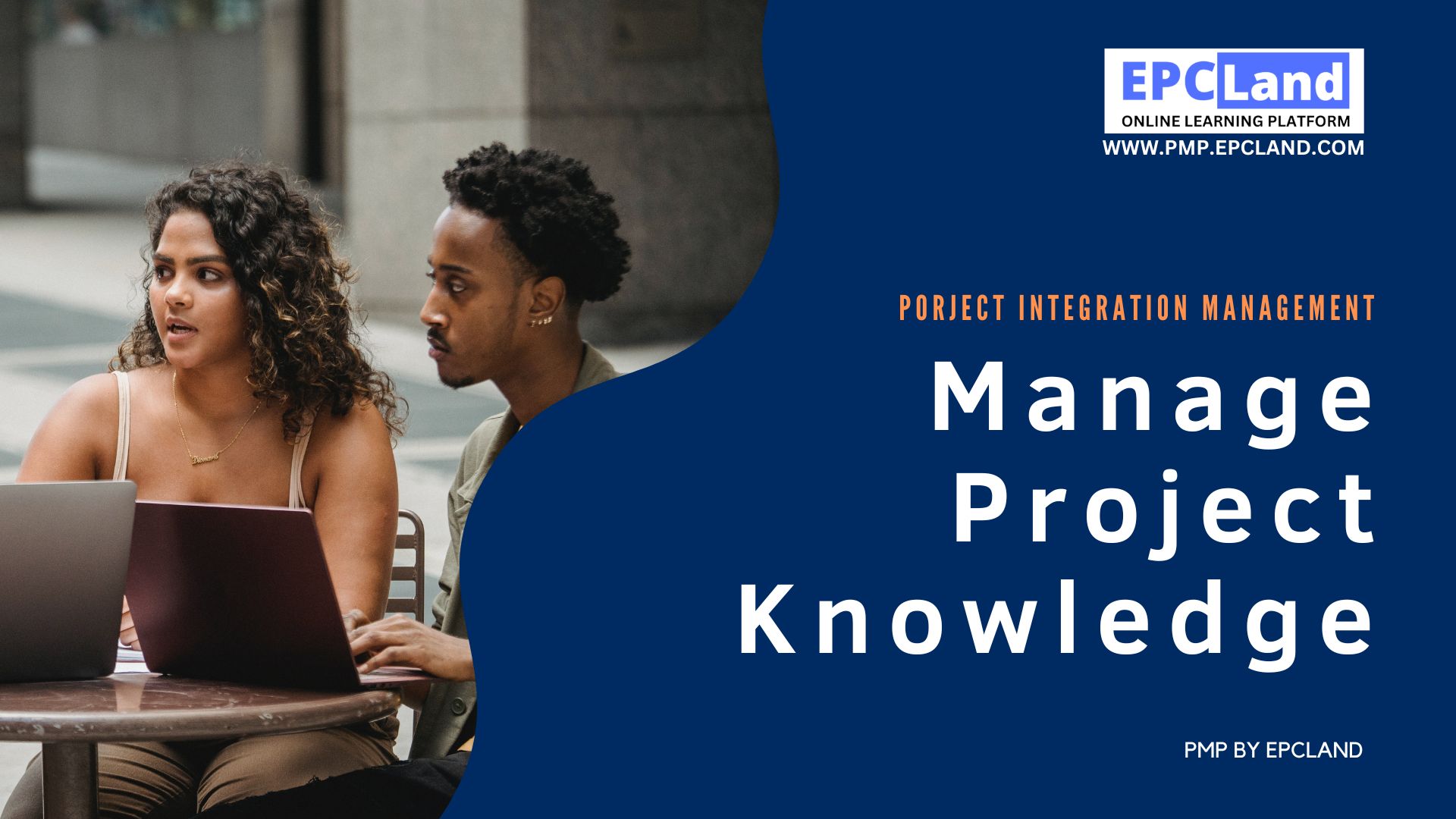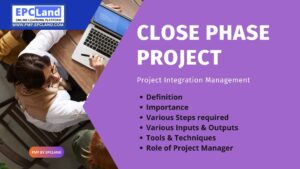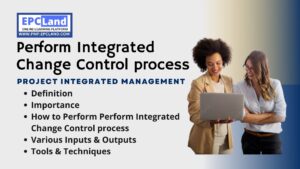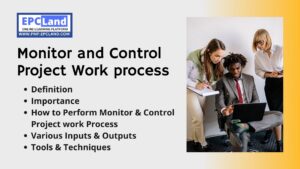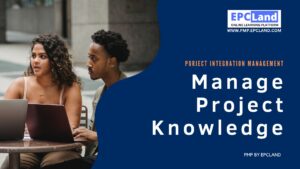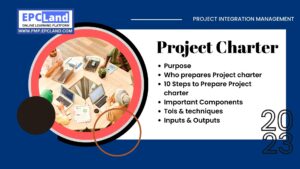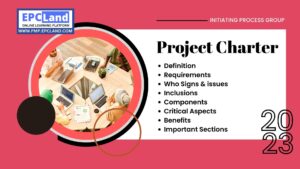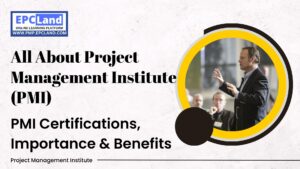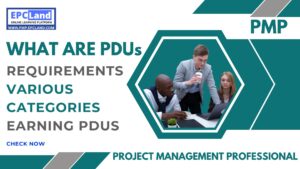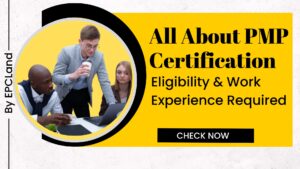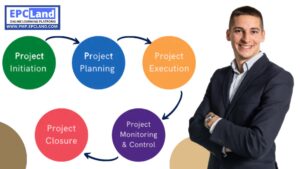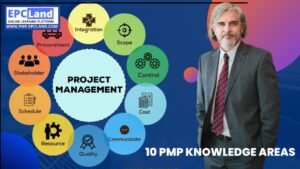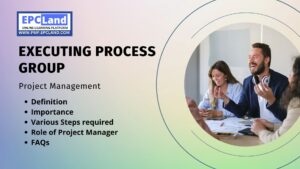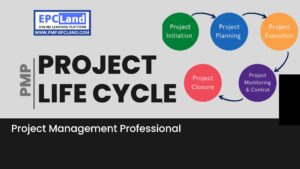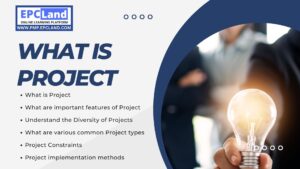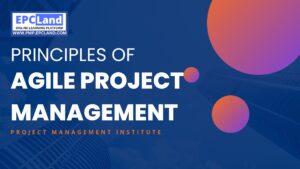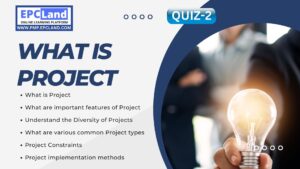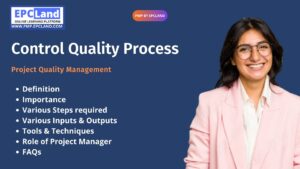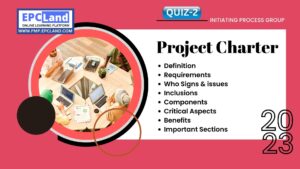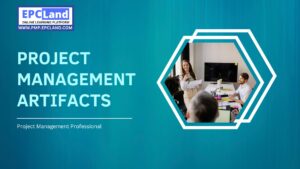Table of Contents
ToggleWhat is Manage project knowledge in Project Integration Management
Manage Project Knowledge is a process in the Project Integration Management knowledge area that deals with capturing, distributing, and storing project information. This process is intended to ensure that all project stakeholders have access to the information they need to make informed decisions and perform their work effectively. The main objective of this process is to create a shared understanding of the project among all stakeholders and ensure that important project information is not lost or overlooked.
The Manage Project Knowledge process includes activities such as creating and maintaining project documents, capturing lessons learned, and maintaining a knowledge management system. The process also includes identifying and addressing knowledge gaps, and ensuring that all stakeholders have access to the information they need to perform their work effectively.
It is important to have a system in place to manage project knowledge, as it helps to ensure that important project information is not lost or overlooked, and that all stakeholders have access to the information they need to make informed decisions and perform their work effectively.
Attempt Quiz-1 on Manage project knowledge Process

Time's up
What is the Importance of Manage Project Knowledge
Manage Project Knowledge is an important process in the Project Integration Management knowledge area as it helps to ensure that important project information is captured, stored, and shared appropriately among all stakeholders. This process is crucial in creating a shared understanding of the project among all stakeholders and ensuring that key decisions are based on accurate and complete information.
The importance of Manage Project Knowledge can be summarized as following:
- Facilitates informed decision making: By capturing, distributing, and storing project information, all stakeholders have access to the information they need to make informed decisions and perform their work effectively.
- Improves communication and collaboration: By creating a shared understanding of the project among all stakeholders, communication and collaboration are improved, which can lead to better problem-solving and decision-making.
- Increases efficiency and effectiveness: By ensuring that important project information is not lost or overlooked, the Manage Project Knowledge process can help to increase efficiency and effectiveness.
- Helps to identify and address knowledge gaps: By identifying and addressing knowledge gaps, the Manage Project Knowledge process can help to ensure that all stakeholders have the information they need to perform their work effectively.
- Captures lessons learned: By capturing and storing project information, the Manage Project Knowledge process can help to ensure that lessons learned are recorded and can be used to improve future projects.
In short, Manage Project Knowledge process is an important process in project integration management which helps in capturing, distributing, and storing project information that is necessary for making informed decisions and performing work effectively, improving communication and collaboration, increasing efficiency and effectiveness, identifying and addressing knowledge gaps and capturing lessons learned.
How to perform Manage Project Knowledge process
Managing project knowledge involves several steps:
- Identify the knowledge that is important to the project. This includes both explicit knowledge (such as documents and reports) and implicit knowledge (such as the skills and experience of team members).
- Collect and document the identified knowledge. This includes creating a centralized repository for storing and sharing project information.
- Organize and categorize the knowledge in a way that makes it easy to find and use. This may involve creating a taxonomy or using keywords and tags to classify the information.
- Share the knowledge with the appropriate stakeholders. This includes providing access to the repository, as well as training and communication efforts to ensure that everyone is aware of the information and knows how to use it.
- Continuously monitor and update the knowledge as the project progresses. This includes regularly reviewing and updating the information in the repository, as well as soliciting feedback from stakeholders to ensure that the knowledge remains relevant and accurate.
- Finally, after the project is completed, it is important to capture and document all the lessons learned so that this knowledge can be shared and reused in future projects.
Tools & techniques of Managing project knowledge
There are several tools and techniques that can be used to manage project knowledge:
- Knowledge management software: These tools provide a centralized repository for storing and sharing project information, such as documents, reports, and other content. Examples include Microsoft SharePoint, Atlassian Confluence, and IBM’s Lotus Notes.
- Collaboration tools: Platforms such as Slack, Microsoft Teams, and Zoom can be used to facilitate communication and collaboration among project team members, making it easier to share and access knowledge.
- Mind mapping and brainstorming software: Tools such as XMind, MindNode, and MindMeister can be used to visually organize and categorize project knowledge, making it easier to understand and navigate.
- Document management systems: These systems can be used to store, organize, and share project-related documents, such as project plans, meeting minutes, and status reports. Examples include Box and Dropbox.
- Knowledge transfer techniques: these techniques help to share knowledge among team members, such as mentoring, job rotation, and knowledge sharing sessions.
- Learning management systems: these systems can be used to create and deliver training and development opportunities to project team members, to ensure they have the knowledge and skills they need to be successful. Examples include Blackboard and Canvas
- Finally, knowledge retention techniques like lessons learned, after-action reviews and knowledge sharing sessions can be used to document, analyze, and share important information from completed projects to improve future projects.
Inputs & outputs for Managing project knowledge
The inputs for managing project knowledge include:
- Project charter: This document outlines the project’s goals, objectives, and stakeholders, and provides a high-level overview of the project’s scope, schedule, and budget.
- Project plan: This document provides detailed information about the project’s objectives, deliverables, tasks, and milestones, and serves as a guide for managing and controlling the project.
- Project schedule: This document outlines the project’s timeline and provides a detailed view of the project’s tasks, milestones, and dependencies.
- Project budget: This document outlines the project’s financial resources and provides a detailed view of the project’s costs, including labor, materials, and equipment.
- Risk management plan: This document outlines the project’s risks, and provides a detailed view of the steps that will be taken to identify, evaluate, and mitigate risks.
- Stakeholder register: This document provides a list of stakeholders and their contact information, roles, and interests in the project
- Project documents: Any other project-related documents, such as meeting minutes, status reports, and deliverables, that contain important project information.
Attempt Quiz-2 on Manage project knowledge Process

Time's up
The outputs for managing project knowledge include:
- Knowledge repository: A central location where project information is stored and shared, such as a shared drive, intranet site, or project management software.
- Taxonomy or classification system: A system for organizing and categorizing project information, such as keywords, tags, or categories.
- Training and communication plan: A plan for providing team members with the knowledge and skills they need to be successful, and for keeping stakeholders informed of project progress.
- Knowledge retention plan: A plan for documenting and sharing important information from completed projects to improve future projects.
- Reports: Regular reports on the project’s progress, including information on schedule, budget, and risks, that can be shared with stakeholders.
- Lessons learned: A document that captures and documents the learning from the project for future reference.
- Continuous improvement plan: A plan for regularly reviewing and updating project information, and for soliciting feedback from stakeholders to ensure that the knowledge remains relevant and accurate.
FAQs on "Manage project knowledge" in Project Integration Management
What is project integration management in a project?
Project integration management is a process that ensures coordination and collaboration among all aspects of a project, including initiation, planning, execution, monitoring and controlling, and closure.
What is the purpose of managing project knowledge?
The purpose of managing project knowledge is to ensure that important information is captured, shared, and used effectively to support project decision making, improve performance, and facilitate knowledge transfer to stakeholders.
What are some best practices for managing project knowledge?
Some best practices for managing project knowledge include: defining a knowledge management plan, creating a centralized repository for project information, encouraging communication and collaboration among team members, regularly reviewing and updating project information, and promoting a culture of continuous learning and improvement.
How can technology be used to support project knowledge management?
Technology can be used to support project knowledge management by providing tools for capturing, storing, and sharing project information, facilitating collaboration among team members, and automating processes for tracking and reporting on project performance.
What are the benefits of effective project knowledge management?
The benefits of effective project knowledge management include improved decision making, increased efficiency, reduced risk, better alignment of project activities, and enhanced stakeholder satisfaction.
Don’t Miss the 1000+ MCQ questions & hundreds of quizzes on PMP Knowledge Areas and Various important sections.
